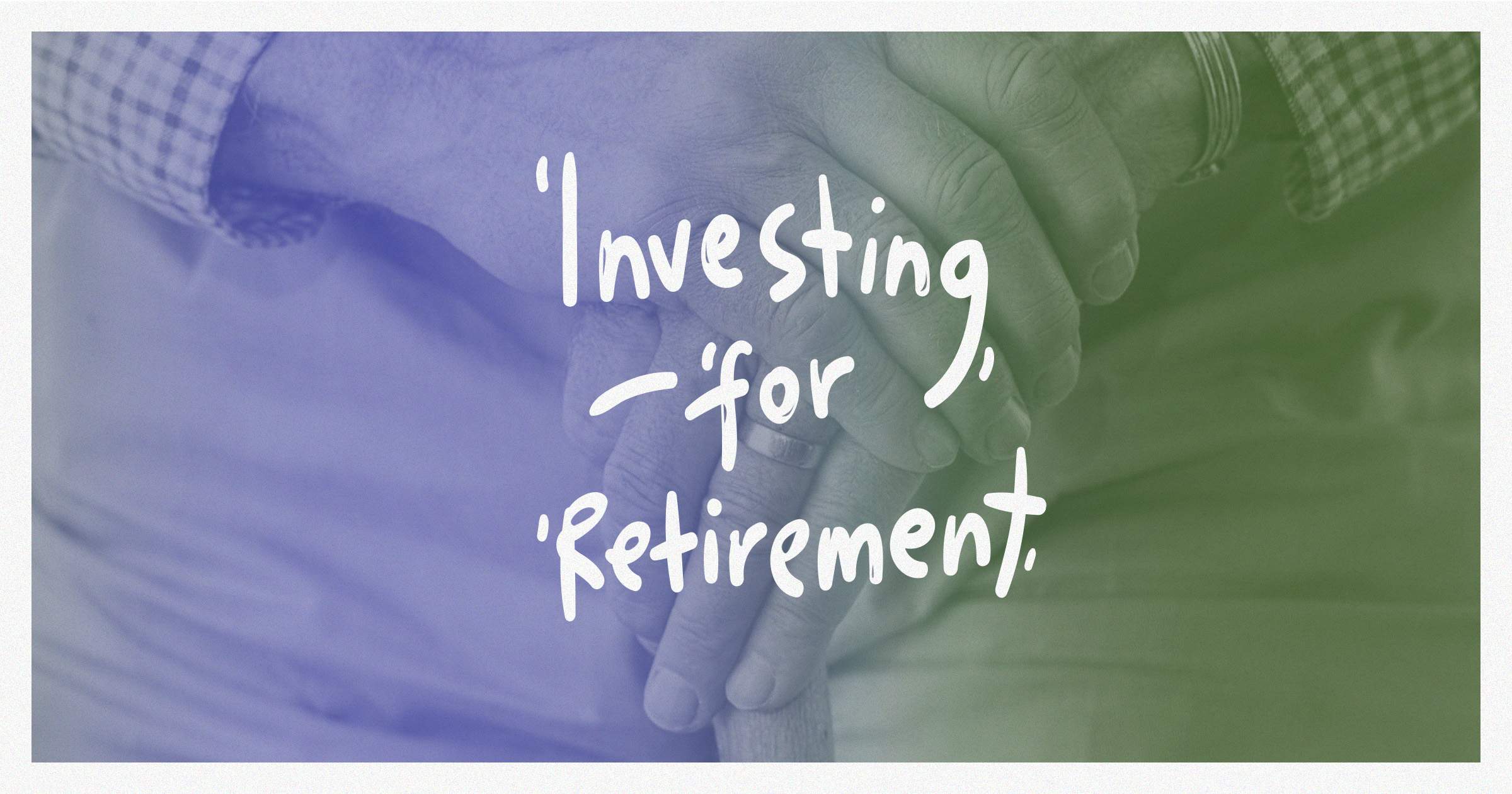Retirement is the stage in your life when you reap the fruits of your labor. You should be enjoying your benefits collected from the company you've been working for, or the various investments you made when you were younger. But even if you’ve built your wealth to live comfortably when you reach retirement age (for Filipinos, it’s typically between the ages of 60 and 65), there are a number of reasons why you should continue investing.
Here are some simple tips to help you pursue an investment plan for retirement.
Pay off debts first
This may be the most important step to enjoy your retirement. Clear off all mortgages, loans, and medical bills before you retire. By paying off your debts, you lessen your expenses and the emotional burden of having to think about them when you’re retired.
Prepare for a long life
A good exercise to prepare for retirement is to calculate how much money you'll need after you retire. As the saying goes, "If you fail to plan, you plan to fail."
Start by reviewing your total annual expenses. Then, multiply this number by the average life expectancy of Pinoys (which is around 70 years old) minus your planned retirement age. This will give you an idea of how much money you'll need to retire comfortably. (If you want to add more buffer, you need to account for inflation each year).
The number you come up with might seem intimidating, but knowing your retirement number will help you plan your savings and investment strategy while you're still earning.
Continue to invest
If you’ve accumulated good enough retirement savings, you can look at investment products to help further build your wealth. These can be in the form of time deposits, unit investment trust funds (UITF), or stocks. Even after you've retired, it's good to continue to invest and grow your money.
Look for passive income opportunities
While you're still in your peak earning years, look for opportunities where you can earn passive income. As the name implies, this is income you don't need to actively try to earn, unlike your job where you put in effort to get a salary. Real estate rentals or business investments are popular examples of how you can earn passive income.
This stream of passive income can help supplement your savings and income from investments.

.jpg)
